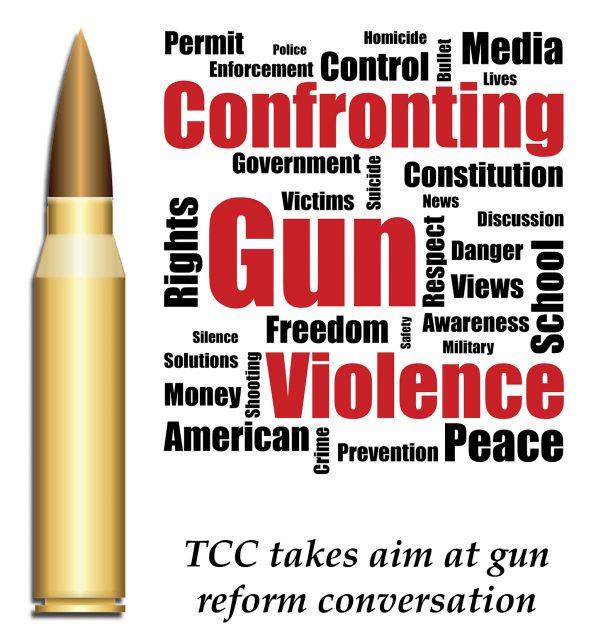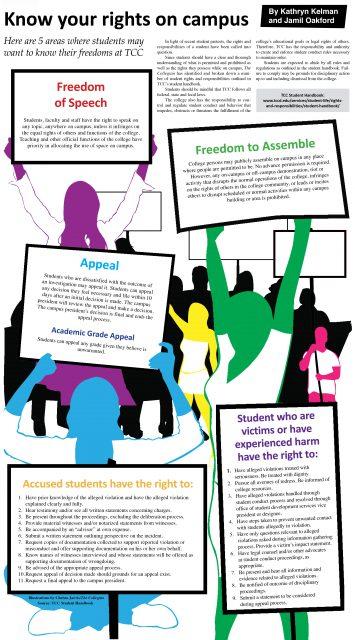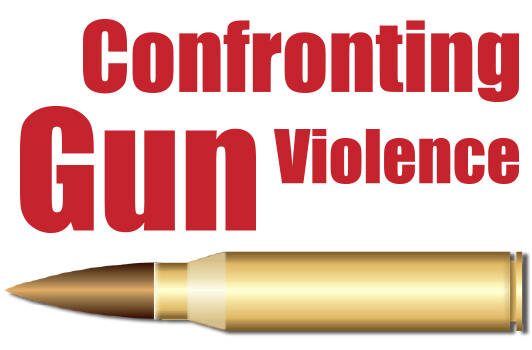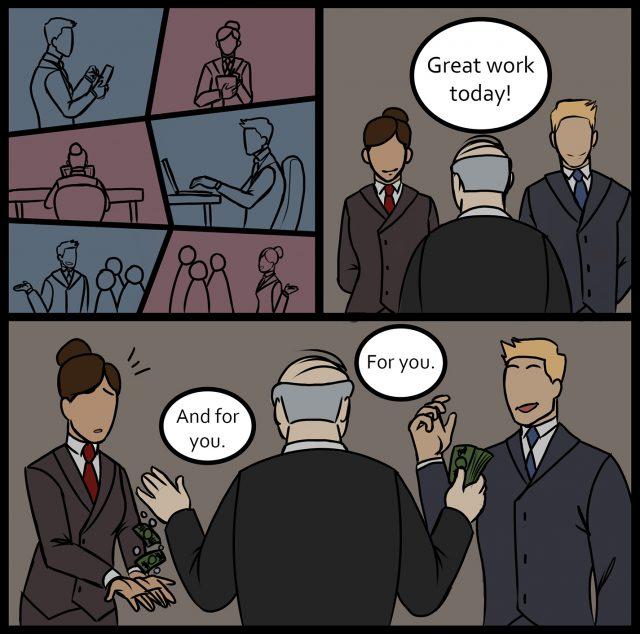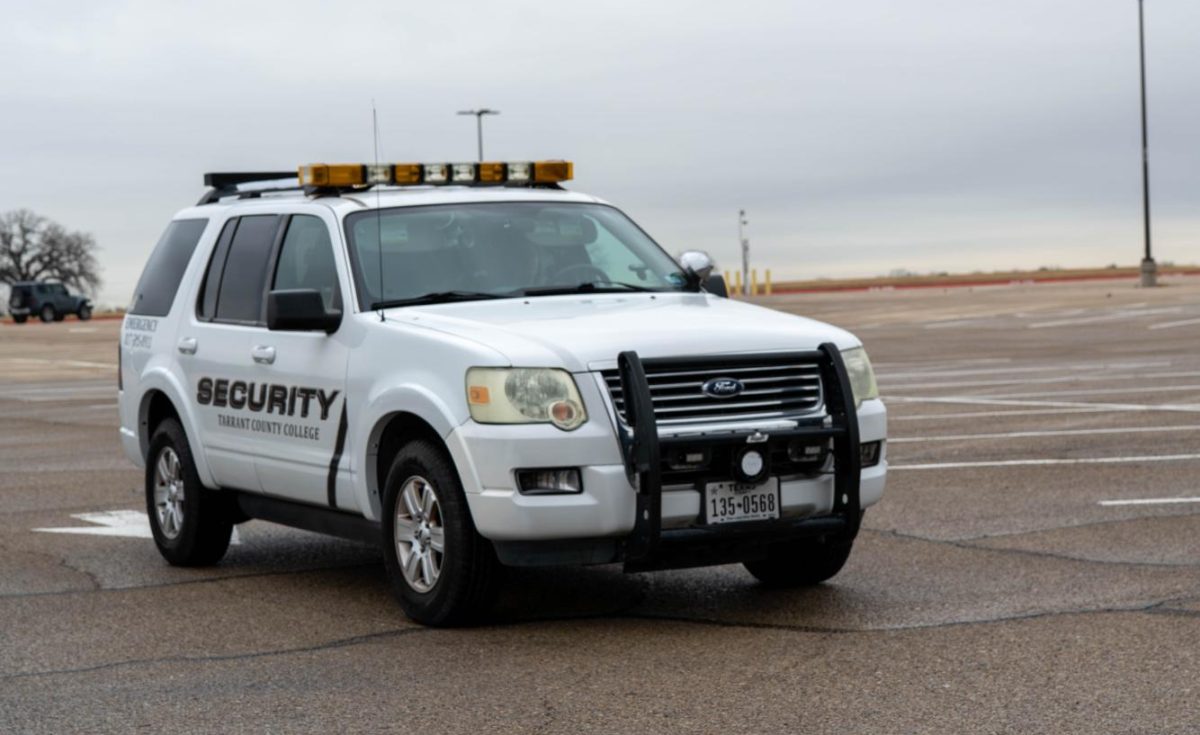By Michael Foster-Sanders/campus editor
NE Campus students Martikko Mercado and Garry Chenault are both Army veterans who have seen combat.
Yet as civilians, their views on gun control are different, much like the rest of the country.
Mercado says he’s pro-gun and believes in the Second Amendment while Chenault takes the middle ground approach and sees the pros and cons of both sides.
Mercado said he believes in the right to protect himself and his family.
“You can’t control a gun, and if you could control guns, how are you going to?” he said. “People always say background checks and psych tests, but a person can get psych tested and show that they have a brain and a soul not to do a mass shooting, but if a person is crazy enough, they will get guns no matter how you control it.”
In combat, Mercado was required to have his gun every day and knew where it was at all times, which affected his psyche.
“We used an M4, which is a type of AR, and it fired 5.56-caliber ammo,” he said. “Having that on me the whole deployment made me feel somewhat secure and safe knowing if anything goes down at the compound we stayed at, then I’m OK and can defend myself or my buddies.”
Chenault echoed Mercado about the importance of a soldier’s weapon in combat. In fact, he knew where his weapon was at all times. It became such an attachment that after returning home, Chenault couldn’t help but feel some separation anxiety.
“It was definitely a period I would wake up in the middle of the night and be concerned because my weapon wasn’t right there,” he said.
Chenault gave insight about using his weapon and how he felt having to defend and protect his squad.
“Personally, for me, having to use my weapon, it’s a variety of stuff that goes through your head,” he said. “For me, I was concerned about the people on my left and my right, especially since most of time in Afghanistan I was a truck driver since I was a truck gunner.”
Chenault stressed other emotions come into play when thinking he might have to end a person’s life.
“If you’re in the right mind, you’re not going out dead set to end a life. It’s crazy to think that way, but you just may have to,” he said. “Nobody wants to end a life, but I know with my job that it may come down to that, so it’s like turning off that side of your brain and working off what you’ve trained for.”
Mercado, however, said when he gave his weapon back after his tour of duty, it was normal. He only had it for nine or 10 months and wasn’t as attached to it. Besides, coming back home to America was going to be a safer environment.
Still, Mercado described how a combat environment is stressful. Soldiers are always on guard and on edge, which is taxing on the mind.
“It’s mentally exhausting, and not so much physical because that’s what you trained for, but mentally, you can train for however many hours, days or weeks, but your mind is going to get tired,” he said.
Mercado was able to stop the stress from taking a toll on him by reminding himself that there’s something to go home to, he said.
“How I kept up is talking to family back at home,” he said. “It refreshed my mind and kept me sane. I got to call home once every two weeks through Skype.”
Now that he’s home, Chenault feels mixed about the gun debate that’s polarized the country.
“I’m not anti-gun. I’m not crazy pro-gun either,” he said. “I think one of the things that people forget about the Second Amendment when they talk about the right to bear arms is the part about adequate training.”
With the recent protests sparked by the student survivors of the shooting in Parkland, Florida, he sees himself leaning toward the side of the kids. He said it’s because he has a daughter.
“I want her to grow up in a world where it’s still a United States, and we still have rights as citizens, but I want her to go to school, and I want her to be safe,” Chenault said.






















